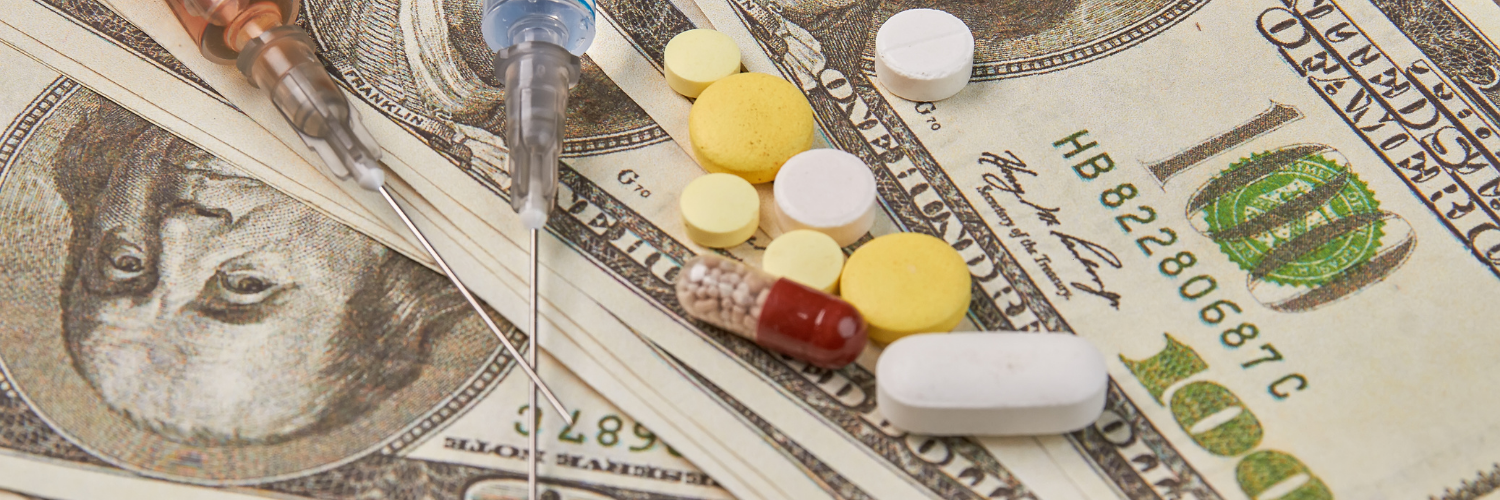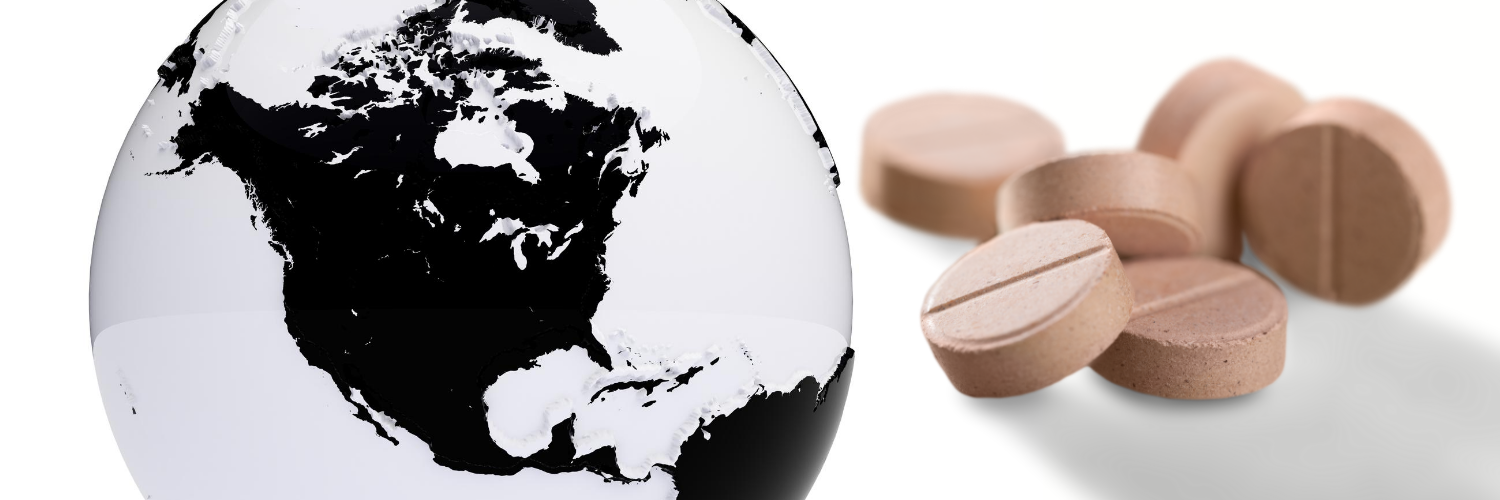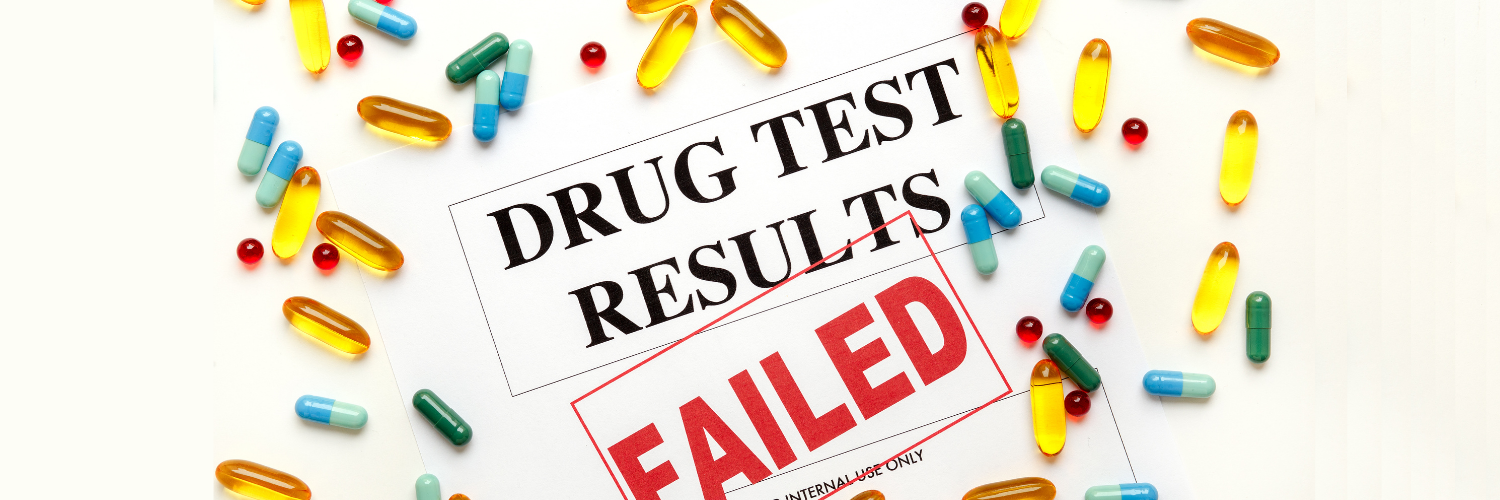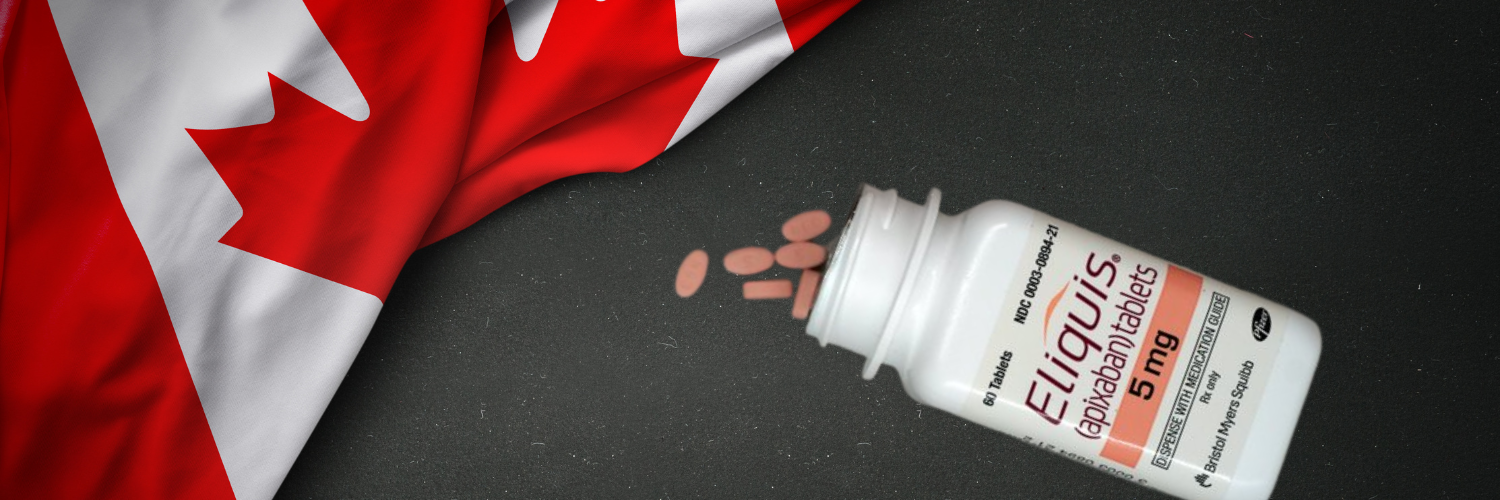Foreign-made Drugs Make Up Majority of Medicare Part D Spending On Specialty Drugs

An analysis of government data published in Health Affairs shows that more and more Medicare patients are taking new higher-priced specialty drugs, which has substantially increased Medicare’s spending on brand name drugs. These self-administered specialty drugs, covered under Medicare Part D, are medicines ranging from injectables, oral tablets, and inhalers. Patients suffering from debilitating conditions, such as rheumatoid arthritis, hepatitis C, and cancer, face annual drug costs reaching tens of thousands of dollars. This month’s PharmacyChecker price report shows that these expensive specialty drugs, for which Medicare shells out billions, are imported from different countries where those same drugs are often 50% cheaper. Medicare is not allowed to negotiate prices with drug companies; and, while new programs may soon empower states to import drugs from Canada, mostly, American companies cannot import for re-sale at those cheaper prices. Thus, Medicare is hostage to a captive, protectionist marketplace. Many prescription drugs can be purchased internationally for personal import, yet specialty drugs often either have special dispensing regulations or are too expensive for cash payers looking to Canada and other countries.
Download the Price Report Here
PharmacyChecker looked at the top 20 drugs found on specialty tiers, as identified in a Medicare Payment Advisory Commission (MedPAC) government report, ranked by 2017 gross Part D spending, finding that 14 out of the 20 drugs (70%) are manufactured abroad. In 2020, spending increased by an average of 64.54% on 12 of those Medicare Part D specialty drugs. Thirteen of the medications are available via mail order from international pharmacies for an average savings of 74.84% off the U.S. retail pharmacy price. Online pharmacies, accredited through PharmacyChecker, work with dispensing pharmacies in Canada, Australia, India, Mauritius, New Zealand, Turkey, and/or the UK.
Top 20 drugs often found on specialty tiers, ranked by gross Part D spending in 2017, country of manufacture |
||||
| Drug Name | Approved Indications | Total Gross Spending (in billions) 2017 | Total Gross Spending (in billions) 2020 | Where its Made |
| Revlimid | Multiple myeloma | 3.3 | 5.4 | Switzerland |
| Harvoni | Hepatitis C virus | 2.6 | 0.2 | Canada |
| Humira Pen | Rheumatoid arthritis, Crohn's disease, plaque psoriasis | 2 | 2.2 | USA |
| Copaxone | Multiple sclerosis | 1.5 | 0.7 | Israel |
| Sensipar | Secondary hyperparathyroidism in patients with chronic kidney disease on dialysis | 1.4 | 0.02 | Japan |
| Ibrance | Breast cancer | 1.4 | 2.1 | Ireland |
| Imbruvica | Lymphoma, chronic lymphocytic leukemia | 1.4 | 3 | China |
| Enbrel | Rheumatoid arthritis, plaque psoriasis | 1.2 | 1.4 | USA |
| Tecfidera | Mutiple sclerosis | 1 | 1.1 | Switzerland |
| Epclusa | Hepatitis C virus | 0.9 | 0.9 | Canada |
| Zytiga | Prostate cancer | 0.9 | 0.4 | Belgium |
| Xtandi | Prostate cancer | 0.9 | 2 | USA |
| Jakafi | Myelofibrosis | 0.7 | 1.3 | USA |
| Genvoya | Human immunodeficiency virus | 0.7 | 0.8 | Canada |
| Triumeq | Human immunodeficiency virus | 0.7 | 0.74 | USA |
| Pomalyst | Multiple myeloma | 0.6 | 1.5 | Switzerland |
| Letairis | Pulmonary arterial hypertension | 0.6 | 0.17 | Canada |
| Imatinib | Chronic myeloid leukemia | 0.6 | 0.14 | India, Puerto Rico |
| Humira | Rheumatoid arthritis, Crohn’s disease, plaque psoriasis | 0.5 | 0.38 | USA |
| Ofev | Idiopathic pulmonary fibrosis | 0.5 | 1.16 | Germany |
PharmacyChecker Research May 2022. Sources: Country of manufacture determined through the National Library of Medicine. Identification of drugs on specialty tiers provided by Acumen LLC to MedPac.gov. Spending from CMS, 2017 and 2020 (Centers for Medicare & Medicaid Services).
Note: Total gross spending equals prescription amounts paid at the pharmacy before rebates and discounts.
According to the Congressional Budget Office, in 2017, new drugs launched after 2015 cost 12 times as much as drugs already on the market in 2015. As drug companies grappled with expirations of their precious blockbuster brand name drug patents and periods of market exclusivity, they took the opportunity to introduce high-priced specialty drugs to protect if not increase profits. Over 75% of new drug spending can be attributed to the introduction of high-price specialty drugs compared to spending on older brand-name drugs. An increasing number of patients need these specialty medications, with 127 million specialty prescriptions dispensed in retail and mail pharmacies in 2018 (an increase of 15 million since 2014). For some patients at the pharmacy counter, insurance has them covered, but the bulk of any coverage-gap discounts that may be available to Medicare beneficiaries apply only to non-specialty drugs. So, what are these patients to do? It’s imperative for us to do more. In his plea for Congress to actually lower drug prices in 2022, Gabriel Levitt, president of PharmacyChecker.com, wrote about the ever-widening gap between U.S. and foreign drug prices:
“When we launched PharmacyChecker, many frequently prescribed brand name drugs were selling for only 200% more in the U.S. than from Canadian pharmacies. That price discrepancy is now closing in on 300%.”
A new study in the New England Journal of Medicine, authored by Stacie Dusetzina, Ph.D., shows just how avaricious Big Pharma’s pricing tactics have become under Medicare Part D: Americans with a cancer diagnosis can be stuck with unlimited out-of-pocket prescription drugs costs under its current structure. One drug involved in the preferred first-line therapy for HER2-positive breast cancer is called palbociclib. The brand name of palbociclib is Ibrance, on which Medicare spent $2.1 billion in 2020 alone. For Medicare Part D beneficiaries who do not qualify for low-income subsidies, Ibrance can cost more than $10,500 out-of-pocket for the first year of therapy.
Dusetzina’s analysis is aptly named: “Your Money or Your Life — The High Cost of Cancer Drugs under Medicare Part D.” PharmacyChecker’s investigation shows that Ibrance sold on U.S. pharmacy shelves is made by Pfizer in Ireland. We found Pfizer also makes the version sold by Canadian online pharmacies, but, upon inquiry, Pfizer Canada would not disclose exactly where, saying “our medication supply chain is global, for our products and active ingredients.” Ibrance’s product monograph doesn’t reveal much beyond Pfizer’s Canadian corporate office address. Based on our past research on the global pharmaceutical supply chain, it’s safe to assume the Pfizer sold in Canada, like its U.S. counterpart, is also made in Ireland – it’s just labeled differently for each market.
Some things are more obvious: That same drug is 59.33% cheaper in Canada than it is in the U.S.
Brand Harvoni, used to treat hepatitis C, is an average of $45,171.50 at specialty U.S. pharmacies for just 28 tablets. It’s made in Canada, where pharmacies charge almost 50% less: $23,243.99. Should a patient opt for the generic version in the U.S., the price is cut in half. With a GoodRx U.S. coupon, a U.S. patient is still left to pay around $9,300 out-of-pocket. For those that compare prescription drug prices on PharmacyChecker.com, that price drops to $374.95 if ordered from an Indian international online pharmacy, one accredited and monitored by PharmacyChecker.
Top 20 drugs often found on specialty tiers, international price comparisons |
|||||
| Brand Name | Strength | Average Retail Price Per Unit | US Coupon Price Per Unit | International Mail Order Price Per Unit | International Savings |
| Revlimid | 2.5mg | $877.28 | $824.08 | Price not available. | |
| Harvoni | 90/400mg | $1,613.27 | $1,071.43 | $822.71 | 49.00% |
| Humira Pen | 40mg/0.4ml | $5,683.84 | $3,174.00 | Price not available. | |
| Copaxone | 20mg/ml | $400.84 | $241.47 | Price not available. | |
| Sensipar | 30mg | $33.89 | $27.06 | $7.50 | 77.87% |
| Ibrance | 125mg | $701.14 | $615.42 | $285.14 | 59.33% |
| Imbruvica | 140mg | $546.93 | $173.19 | $109.58 | 79.96% |
| Enbrel | 50mg | $1,724.19 | $1,559.44 | Price not available. | |
| Tecfidera | 120mg | $145.93 | $135.90 | $4.91 | 96.64% |
| Epclusa | 400/100mg | $1,275.88 | $880.09 | $678.55 | 46.82% |
| Zytiga | 250mg | $224.53 | $89.75 | $31.66 | 85.90% |
| Xtandi | 40mg | $114.15 | $102.78 | $32.42 | 71.60% |
| Jakafi | 20mg | $273.53 | $256.81 | $83.38 | 69.52% |
| Genvoya | 150/150/200/10mg | $153.71 | $115.96 | $44.50 | 71.05% |
| Triumeq | 600/50/300mg | $140.25 | $104.76 | $37.67 | 73.14% |
| Pomalyst | 1mg | $999.17 | $901.45 | Price not available. | |
| Letairis | 10mg | $395.53 | $354.47 | Price not available. | |
| Imatinib | 400mg | $302.75 | $2.78 | $1.76 | 99.42% |
| Humira | 10mg/0.1ml | $3,379.53 | $3,153.84 | Price not available. | |
| Ofev | 100mg | $203.00 | $190.57 | $14.93 | 92.65% |
| Average International Savings | 74.84% | ||||
PharmacyChecker Research May 2022. Average U.S. Retail Pharmacy Prices from GoodRx.com and Drugs.com; U.S. Coupon Prices from PharmacyChecker.com and GoodRx.com; International Pharmacy Prices from PharmacyChecker.com.
Many drugs found on specialty tiers are (or have once been) subjected to REMS (Risk Evaluation and Mitigation Strategies), for which the FDA has designated additional ‘Elements to Assure Safe Use’ (ETASU) requirements related to dispensing. According to PharmacyChecker Verification Program policies, at this time, accredited pharmacies located outside the U.S. are not permitted to market, sell, process or dispense such medications for U.S. patients. Of the 20 specialty drugs analyzed, three (Revlimid, Pomalyst, and Letairis) are designated by the FDA as REMS drugs. As a result, they are often not accessible for international mail order.
PharmacyChecker Verification Program standards require that participating pharmacies ensure shipments of refrigerated products are not exposed to temperatures below 2 degrees or above 8 degrees Celsius. At this time, none of the participating accredited pharmacies have qualified to ship refrigerated products. Of the 20 drugs analyzed, four (Enbrel, Humira, Humira Pen, Copaxone) are refrigerated products. As a result, they are not accessible for international mail order from PharmacyChecker-accredited pharmacies.
Out-of-pocket specialty drug costs like those highlighted in this PharmacyChecker analysis have set off a troubling trend of patients flocking to GoFundMe to help them with overwhelming drug bills. And we’re not talking about patients without insurance. In a recent Wendell Potter NOW Substack entry, Potter includes it among the filthy laundry list of ways Americans are getting pummeled when it comes to their healthcare:
“[...] more and more, people with insurance are turning to GoFundMe to beg for money from strangers to cover their out-of-pocket expenses […] Not because they are uninsured but because they are, for all practical purposes, functionally uninsured.”
PharmacyChecker’s analysis shows significant savings for the specialty drug sample should Americans choose to order their medication internationally. With such a dire healthcare climate here at home, uninsured Americans – functionally or otherwise – continue to use international online pharmacies as a lifeline when they can’t afford U.S. pharmacy prices. Despite the legal prohibitions on drug importation, the law states that the FDA should use its enforcement discretion to permit personal drug imports as long as they do not pose an “unreasonable risk” to the patient. We believe PharmacyChecker-accredited international online pharmacies are safe for patients struggling to afford their medications.



